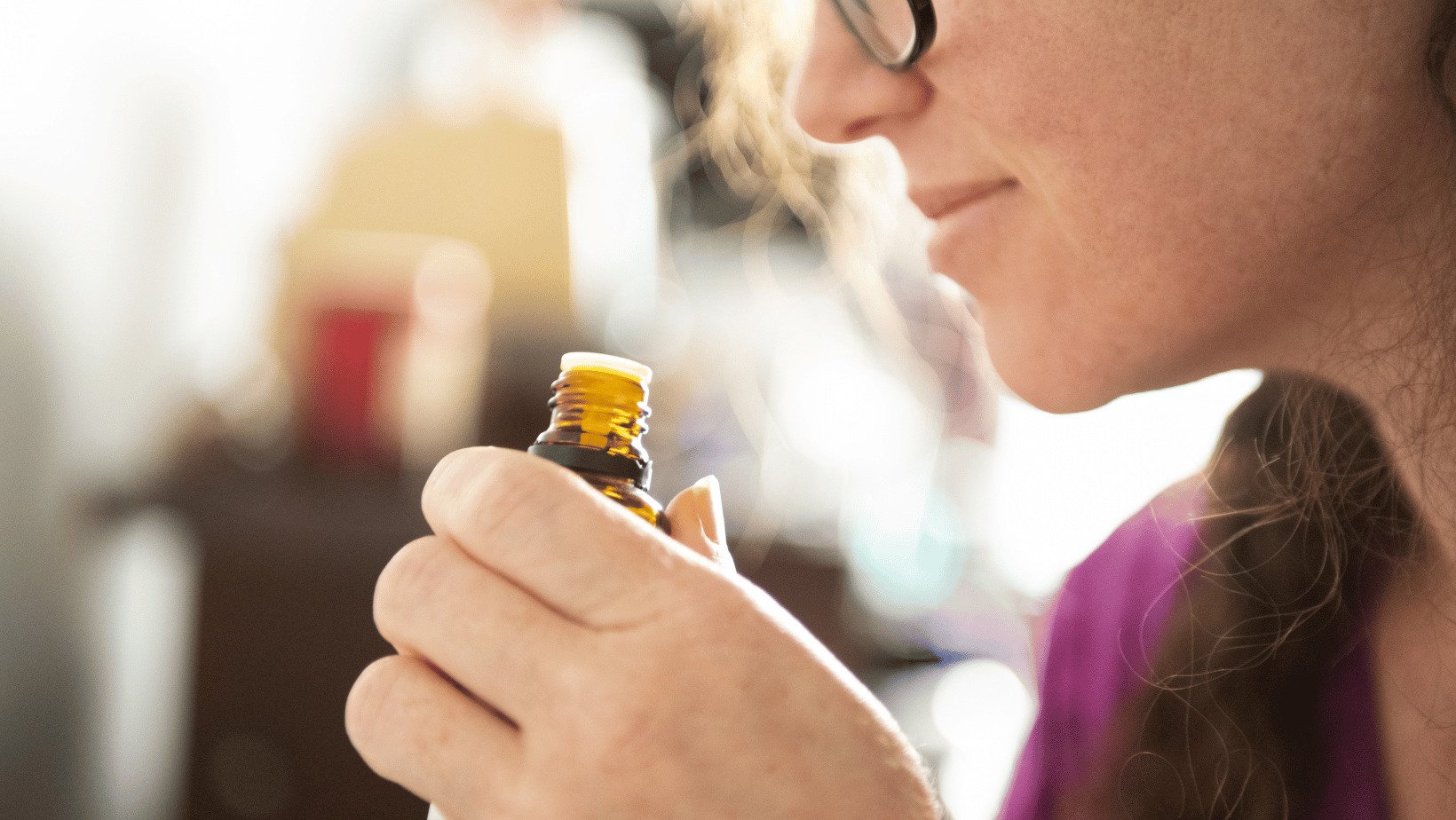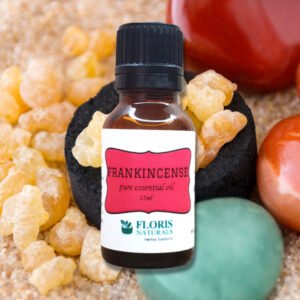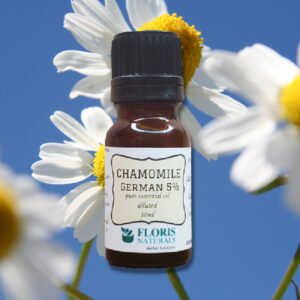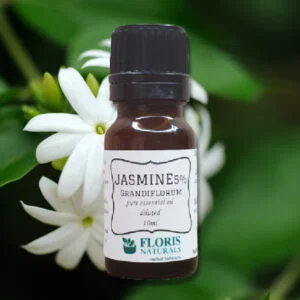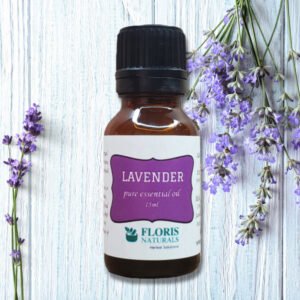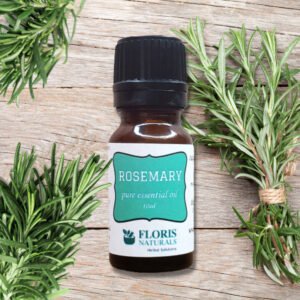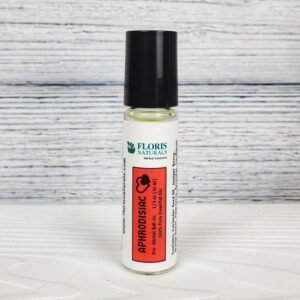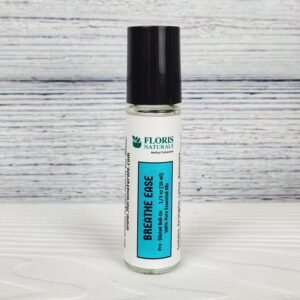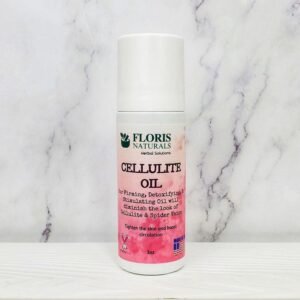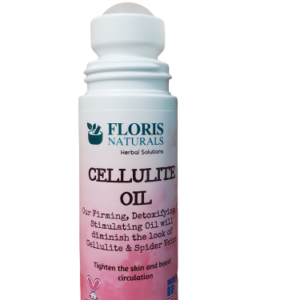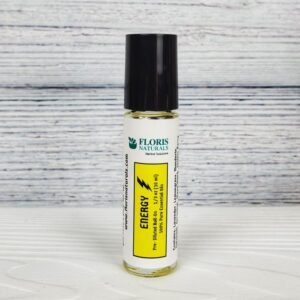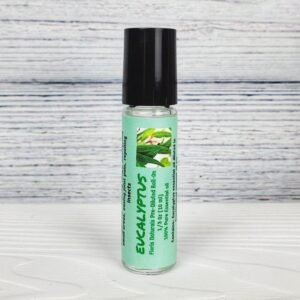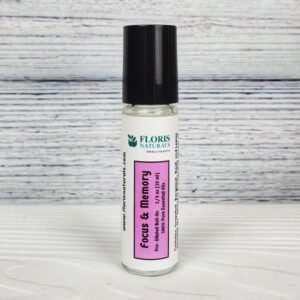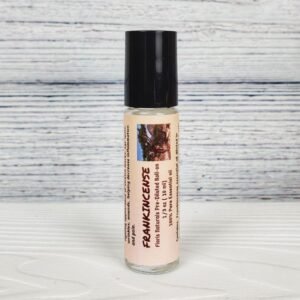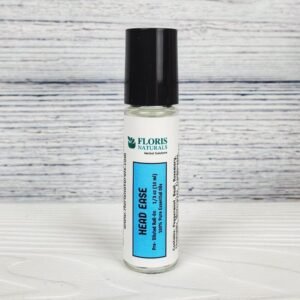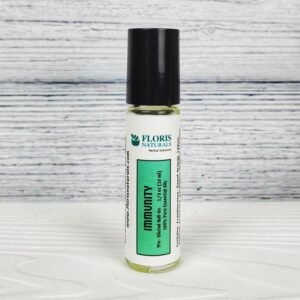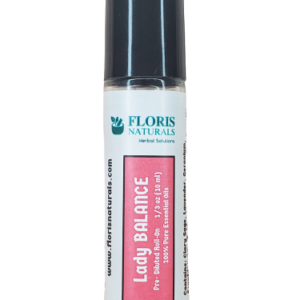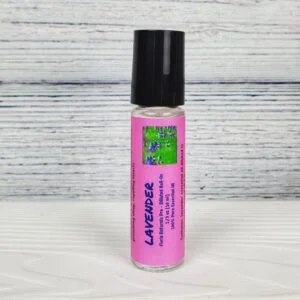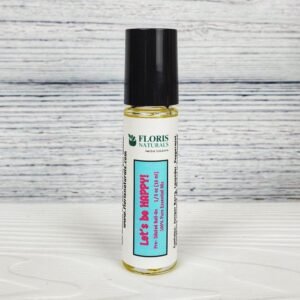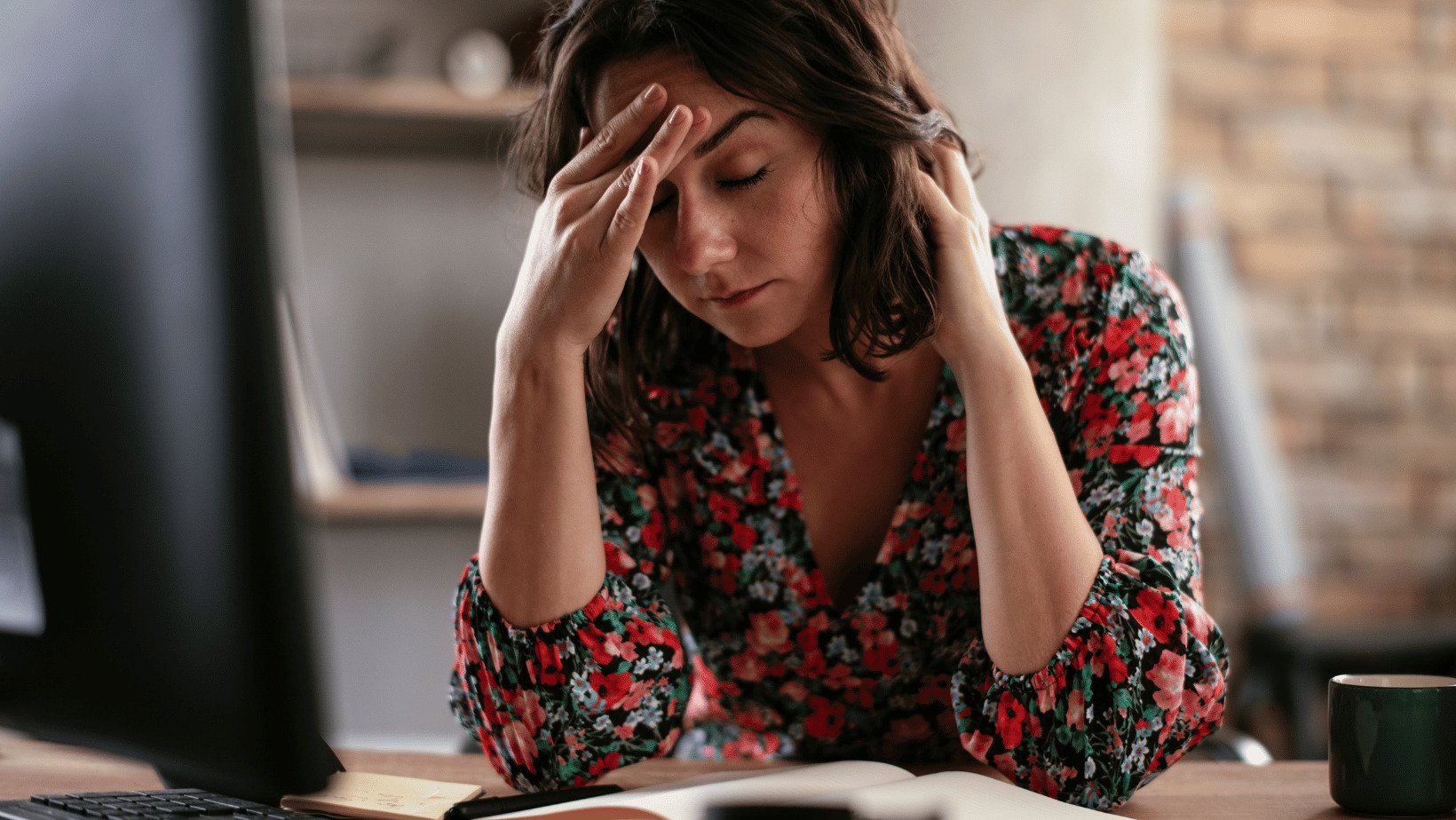In this short article, we will explore the natural ways to manage anxiety and depression with the help of essential oils. We will discuss some of the most popular oils used for this purpose, including Lavender and Bergamot, as well as their various benefits. We’ll also cover a few tips on using these oils for maximum effectiveness. Finally, we’ll provide some additional resources to help you find the right oil for your individual needs.
So let’s get started!
Introduction
Managing anxiety and depression with essential oils is an increasingly popular alternative treatment option for those seeking relief from these issues. Essential oils have been used since ancient times[¹] to treat a variety of ailments, including anxiety and depression. In recent years, research has shown that certain essential oils can produce powerful effects on the body’s ability to reduce stress, regulate mood, and promote relaxation. This article will explore the use of essential oils for managing anxiety and depression, as well as the science behind their effectiveness. It will also provide practical tips for incorporating essential oils into one’s lifestyle for improved mental health outcomes.
What Are Essential Oils?
Essential oils are concentrated plant extracts made from steam distillation and other extraction methods. They contain volatile aromatic compounds—chemicals that vaporize into the air when exposed to heat or pressure—which give them their distinct scents but also contain therapeutic properties. There are a variety of different essential oils available, all with unique properties and uses depending on their source plants. Commonly used essential oils for treating anxiety and depression include lavender, bergamot, jasmine, chamomile, rosemary, sandalwood, ylang ylang, vetiver, and frankincense.
How Essential Oils Work
When inhaled through aromatherapy or applied topically via massage or lotion form, these essential oil molecules travel quickly through the bloodstream to act upon various areas in the brain that are involved in emotional response such as the hypothalamus and amygdala—parts of the brain responsible for regulating emotion-related behavior like fear responses or aggressive behavior (Source: National Center for Biotechnology Information). The aromatic molecules can also affect levels of hormones such as cortisol—a hormone released in response to stress that can interfere with cognitive performance (Medical News Today). By interacting with these areas in the brain and balancing hormone levels, essential oils effectively reduce general feelings of anxiety while promoting relaxation and potentially improving overall mood (Mayo Clinic).
Evidence-Based Research on Essential Oils
There is a growing body of evidence surrounding the efficacy of using essential oils to treat anxiety and depression with several studies providing solid proof of its effectiveness in relieving symptoms associated with these mental health conditions (The University Of Maryland Medical Center).
One study tested lavender oil’s effect on people suffering from both mild depression and insomnia by having participants diffuse it in their bedroom over a period of four weeks. The results showed significant improvements in sleep quality as well as reduced symptoms associated with mild depression (The University Of Maryland Medical Center).
Another study examined citrusy bergamot oil’s effect on people suffering from moderate or severe generalized anxiety disorder by having participants inhale it twice daily over two months. The results showed a decrease in overall level of anxiety along with improved social functioning (Frontiers In Psychiatry).
Practical Tips For Using Essential Oils To Manage Anxiety And Depression
Incorporating essential oils into one’s lifestyle is relatively easy due to their versatility in terms of usage forms: they can be used via aromatherapy by diffusing them into one’s living space; they can be applied topically through massage or lotions. For example:
- If someone is feeling overwhelmed due to stress at work then they could diffuse calming lavender oil beforehand during their commute home
- If someone is feeling anxious before an important presentation they could apply some relaxing bergamot oil directly onto their pulse points
- If someone needs extra help sleeping due to depression then adding soothing chamomile oil drops into a cup of tea may do wonders for both relaxation and boosting spirits before bedtime —the possibilities are endless!
Testing out different combinations or concentrations until finding what works best for individual needs is key when experimenting with essential oil treatments for any ailment including management of mental health issues like anxiety or depression.
Caution: Negative Effects and Dangers to Health
Essential oils should be used with caution; as they can cause adverse effects when not used properly.
The most common adverse effects include skin irritation, allergic reactions, headaches, and nausea. For some people, essential oils may even trigger asthma attacks or cause other respiratory problems.
You should always dilute the oil with carrier oil before use on your skin to avoid irritation.
Before using any essential oil, it is important to research the safety of each one, as well as any potential interactions with your medications or other health conditions you might have.
Ultimately, use caution when using essential oils to ensure that you get the most out of their many benefits without putting your health at risk.
Always remember to consult your doctor if you have any questions or concerns about using essential oils. With the right information and precautions, essential oils can be a great addition to your lifestyle.
Conclusion
In conclusion managing anxiety and/or depression using essential oils is becoming an increasingly popular natural treatment option backed up by solid evidence-based research showing positive effects on both physical sensations such as relaxation response as well as psychological changes such as improved mood regulation when compared against traditional anti-anxiety medications or therapy sessions alone (British Journal Of General Practice).
While further research needs to be conducted in order to gain more insight into exactly how effective this method may be long-term versus other treatment options. There are already numerous practical applications individuals suffering from either condition may glean benefits from right away whether through aromatherapy diffusion, inhalation, topical application ingestion etc…
Ultimately; turning towards nature based remedies, such as incorporating therapeutic grade, organic, non-synthetic, pure plant derived essential oils seems perfect solution. But it should always be discussed between the doctor and the patient before beginning any medical treatment regimen yet ultimately it should never replace professional medical advice altogether either!
And lastly, essential oils should always be diluted before use; as they contain strong, concentrated aromatic compounds that could cause skin irritation if applied without any carrier oil or base solution like coconut oil or jojoba oil.
Please note that this content is not intended to replace medical advice. If you experience any adverse effects while using essential oils, stop use immediately and consult a qualified medical professional. Thank you for choosing Floris Naturals!
Biological Activities of Essential Oils: From Plant Chemoecology to Traditional Healing Systems PMID: 28045446 PMCID: PMC6155610 DOI: 10.3390/molecules22010070


